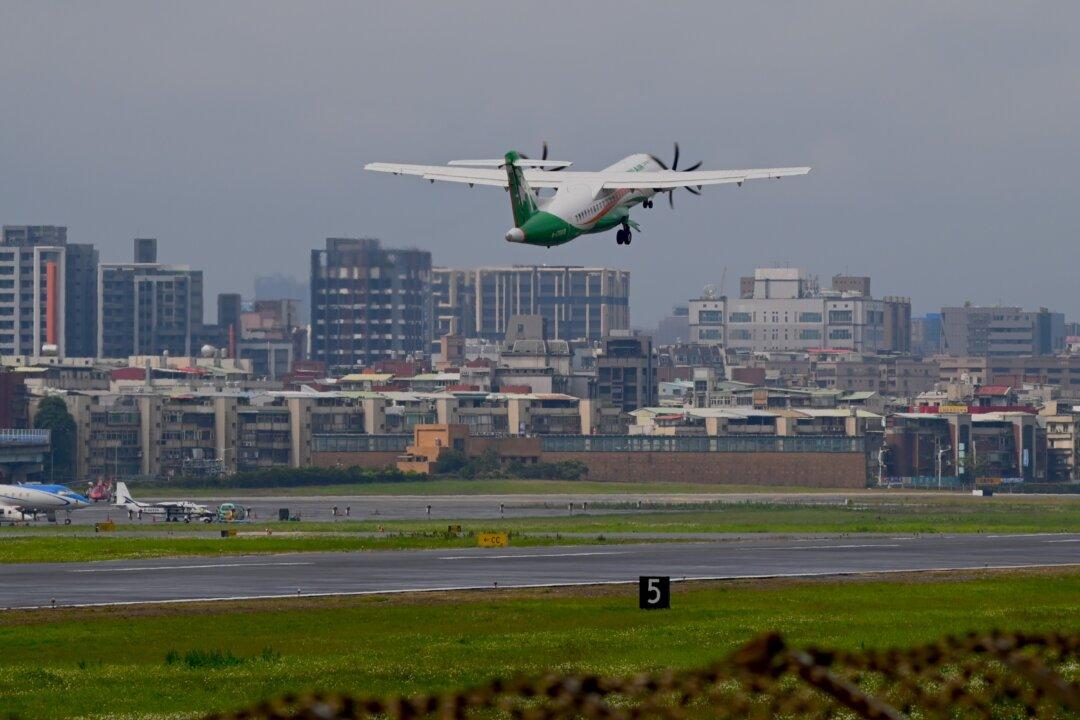News Analysis
OTTAWA—As Canada grapples with China’s hostage diplomacy and trade restrictions on agri-products, it must also do more to support Taiwan’s inclusion in multilateral institutions, according to an expert panel hosted by the Macdonald-Laurier Institute (MLI) on Sept. 12. The two objectives attack a common global concern from different angles—China’s geopolitical aggression and its indifference to international norms.
The week’s issue at hand is China’s excluding of Taiwan from participating in the 40th Triennial Assembly in Montreal for 11 days starting Sept. 24. The forum is held by the International Civil Aviation Organization (ICAO), a U.N. agency.
Taiwan, a democratic nation of 23.5 million, has no say at the ICAO or the U.N. due to the “One-China” policy. Mainland China is steadfast in believing that it speaks for the island in diplomatic spheres.
Taiwan’s airports service 1.7 million flights and nearly 70 million passengers annually—almost comparable with France. The country’s ability to protect its citizens by accessing critical information on airline safety and security is being scuppered by China. Experts say that this, in turn, could affect Canadians.





